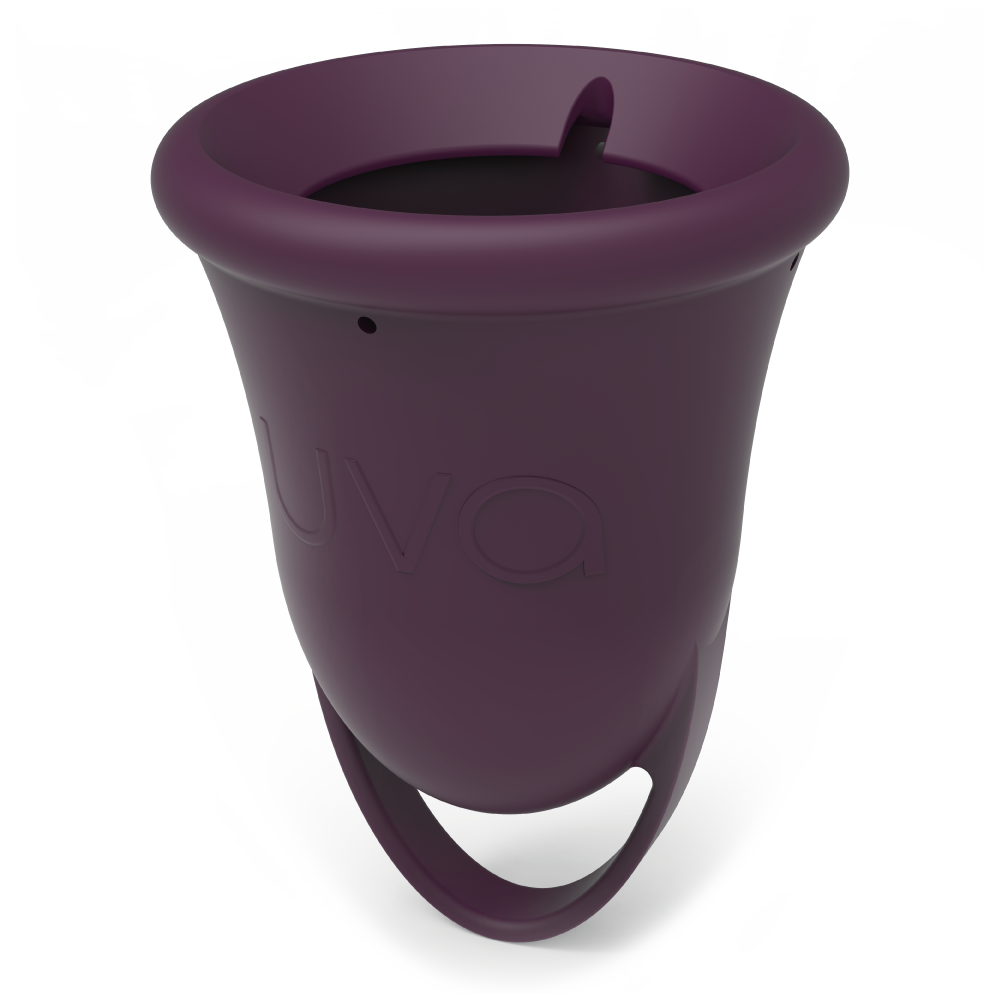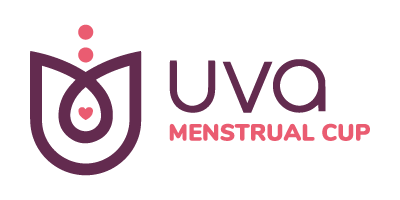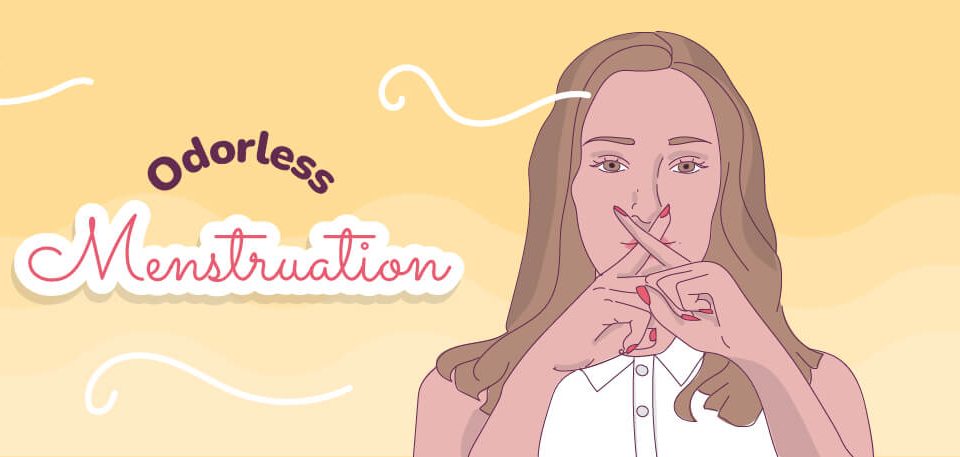 Store
StoreRECOMMENDED PRODUCT
Uva Menstrual Cup
Ultra-soft silicone for your comfort and peace of mind.
$29.99

 How to use the cup
How to use the cup- FAQ
- Blog
 Store
StoreRECOMMENDED PRODUCT
Uva Menstrual Cup
Ultra-soft silicone for your comfort and peace of mind.
$29.99

 How to use the cup
How to use the cup- FAQ
- Blog

Menstrual and Intimate hygiene
Women’s health is a topic that covers multiple aspects; With menstrual hygiene and personal care being one of the most relevant. In this article; we will talk about the importance of maintaining proper hygiene practices during the menstrual cycle, not only to preserve physical health but also to promote a woman’s emotional and psychological well-being.
Menstruation is a natural process that is part of the female reproductive cycle. Despite being experienced and shared by millions, the proper management of menstrual hygiene remains a rarely discussed topic. However, it is crucial to prevent infections, maintain vaginal health, and ensure a comfortable and active life in those days.
Period Products
The first step to good menstrual hygiene is knowing and choosing the right menstrual product for you. There are various options available on the market, from sanitary pads to tampons, menstrual cups, and specialized underwear. Each woman must select the product that best suits her needs, comfort, and lifestyle. Always taking into account the quality and safety that this product provides, depending on her daily activities and amount of menstrual flow.
It is important to regularly change these products to prevent bacterial growth and bad odor. Depending on the product you use and the amount of flow, the change time varies.
Tampons:
They should be changed every 4 to 8 hours, maximum to promote menstrual hygiene. Avoid contact of the thread with wet or dirty surfaces, such as toilet water. It should not be used in swimming pools or the sea. If you use it, you should not leave it for long periods of time. It is important to remove it and put a new one on when you leave the pool. Do not leave it on for more than 8 hours; even if you are going to sleep, to avoid problems such as toxic shock syndrome (TSS).
Menstrual cup:
The cup does not absorb blood like a tampon, so it can be left on for up to 12 hours. It is necessary that every time you remove the cup, you rinse it and make sure that there are no traces of menstrual blood. You can clean it with water or an odorless soap, always making sure there is no residue before inserting it back into the vagina. If you drop it in a dirty place like the bathroom floor, it will need to be sterilized. You should wait for the cup to cool before inserting it again into the vagina.
Sanitary pads:
Sanitary pads absorb menstrual blood. But with this comes sweat and any fluid that is in contact with it, which is why they must be changed every 3 to 4 hours. To avoid rubbing against the skin and creating irritation.
Whichever option you choose, you should make sure to wash your hands before handling your intimate products to promote menstrual hygiene.
Hygienic Practices During Your Period
Maintaining a menstrual hygiene routine during menstruation is essential. This includes regular washing with water and the use of neutral soaps or specialized products that respect the natural pH of the intimate area. It is essential to avoid vaginal douches and products with fragrances or aggressive chemicals that can alter the vaginal pH and increase the risk of infection.
In addition, underwear should be made of breathable materials such as cotton, and it is advisable to change them daily. On heavy flow days, it may be necessary to change it more frequently to prevent irritation and maintain a feeling of freshness. Keep hands clean when handling menstrual products or the vagina, as well as ensure that these products are in an adequate place to avoid molt or contact with other things and are in perfect condition.
Menstrual Education
Education about menstruation and menstrual hygiene is essential to promoting a culture of openness and knowledge. Information must be accessible to both women and men, since the understanding and support of the entire society is key to the normalization of menstruation. Here, we leave you with some of the most common misinformation.
- Menstrual blood is not dirty, as is commonly believed or said; this blood is from the lining of the cervix or endometrium.
- Menstruation does not last 7 days; this varies from woman to woman, and even in your life, this number will change. You should not have your period for more than a week.
- Menstruation is not always red. Depending on the stage, the color and intensity may vary.
Impact of Menstrual Hygiene on Mental Health
Proper menstrual hygiene management also has a positive impact on mental health. Period-related anxiety and worries can be significantly reduced when a woman feels safe and comfortable with her hygiene practices. This contributes to a better quality of life and female empowerment.
Confidence in managing menstruation allows a woman to participate fully in all activities of her daily life, including sports, work, and social life, without feeling limited by her menstrual cycle.
Conclusion and Next Steps
Menstrual hygiene and personal care are crucial aspects of every woman’s life. Adopting appropriate hygienic practices and having access to quality products are essential steps to ensure female health and well-being. Society as a whole benefits when menstrual hygiene is approached with the importance it deserves and comprehensive education on the matter is promoted.











